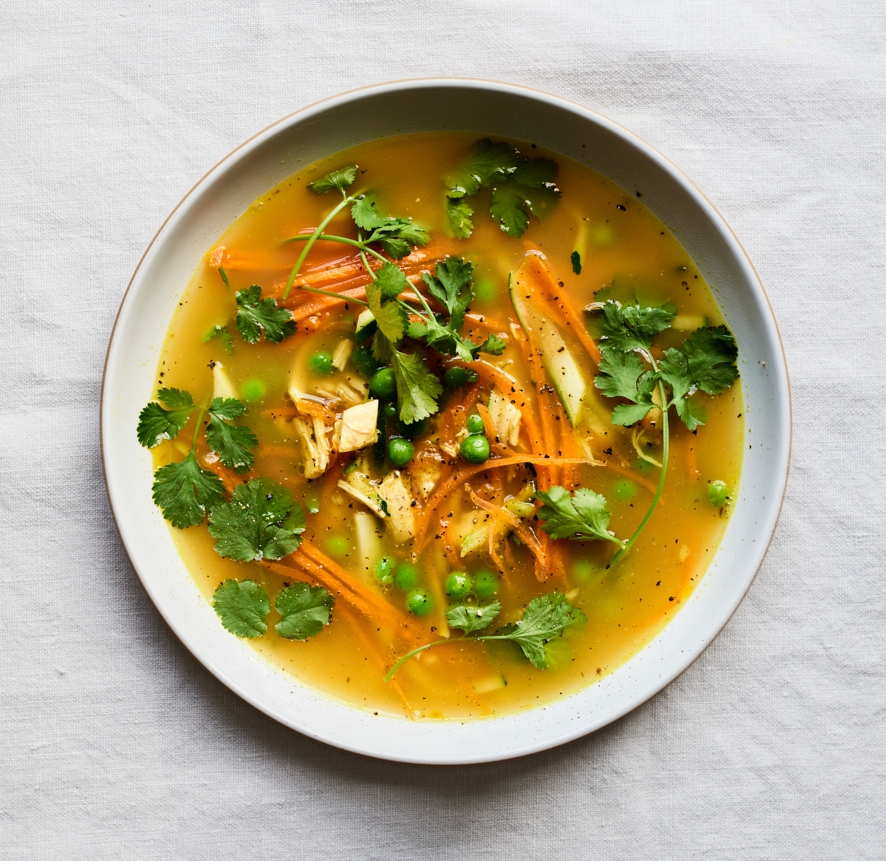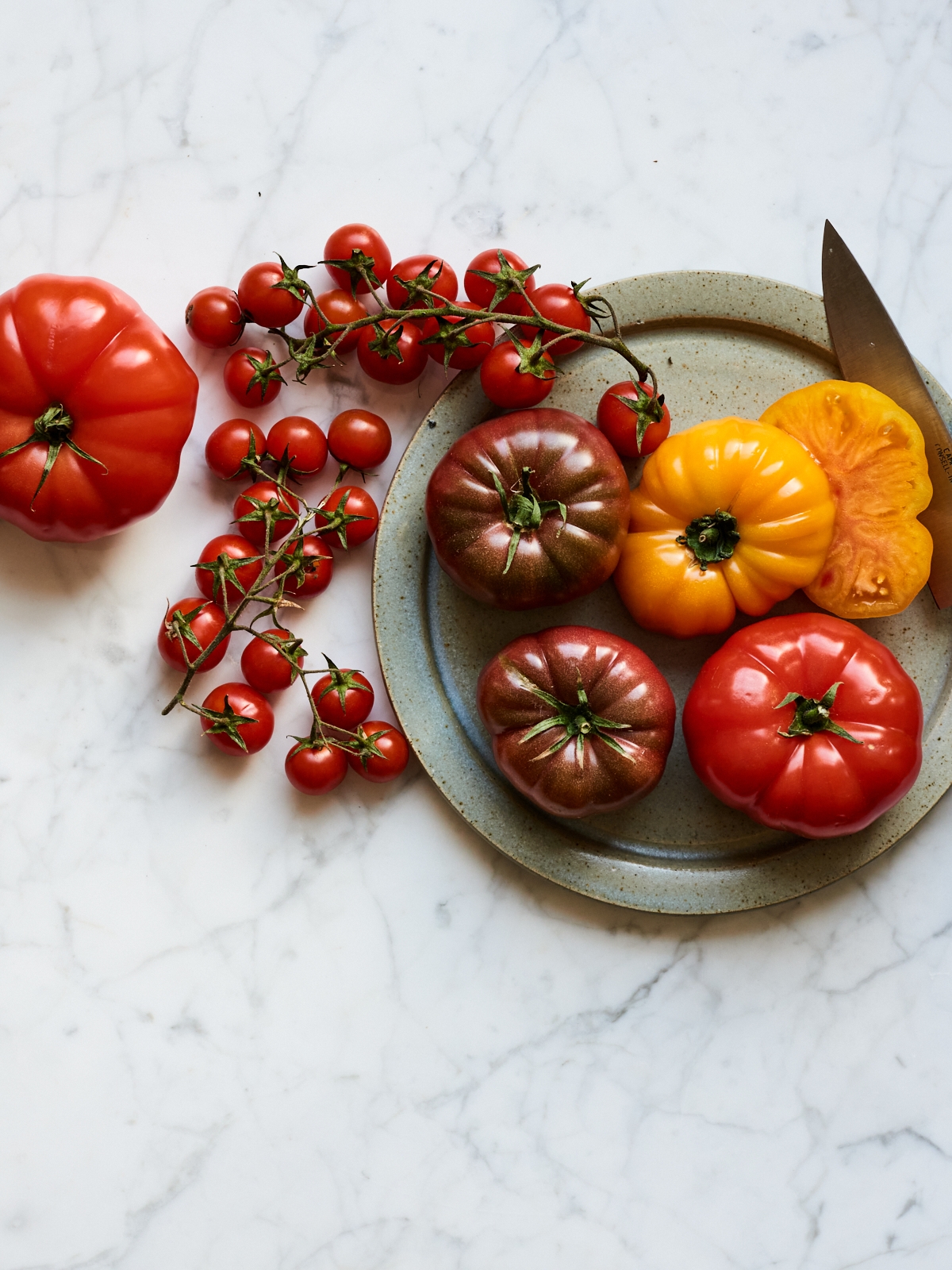24 May, 2016
Fat, Friend or Foe?
A report by the National Obesity Forum and the Public Health Collaboration is demanding a major overhaul of official dietary guidelines. They claim the last thirty years of NHS official health advice urging people to adopt low-fat diets is having “disastrous health consequences”, and is based on “flawed science”. So is fat our friend or foe?
FoodI was listening to Radio 2 on my commute, and they were discussing a report by the National Obesity Forum and the Public Health Collaboration demanding a major overhaul of official dietary guidelines. They claim the last thirty years of NHS official health advice urging people to adopt low-fat diets and to lower their cholesterol is having “disastrous health consequences”, and is based on “flawed science”, resulting in an increased consumption of junk food and carbohydrates. Dr Aseem Malhotra, consultant cardiologist of the PHC, went as far to say that it “is perhaps the biggest mistake in modern medical history."
So is fat our friend or foe? Our resident nutritionist Rob Hobson advises “It’s a misconception that eating foods containing fat will make you fat. The particular problem with fat is that lots of high-fat foods (such as biscuits and cakes) are processed and come in partnership with refined sugar. So it is important to make the right choice of fat to get a healthy balance."
Total fat intake should account for 35% of the calories in our diet. Fats are made up of fatty acids, of which there are two main types: saturated and unsaturated. Unsaturated fats are often referred to as ‘healthy fats’ and can be found in oils, nuts, seeds, oily fish and avocados. This type should make up the majority of fat in the diet as these fatty acids help reduce risk of heart disease and lower cholesterol levels.
Saturated fatty acids are found in foods such as butter, full-fat dairy products and animal fats. Eating saturated fats raises levels of HDL, or the ‘good’ cholesterol, which lowers your risk of heart disease, however too much and it can increase LDL 'bad' cholesterol levels. So it is important we limit this to no more than 7% of our daily calories, and avoid those found in refined foods such as donuts because those types of saturated fats are paired with preservatives and other nasties.
Really if you eat too much of anything it will have negative consequences so the best advice we can give is this:
- Don’t count calories. It is far more important to think about the nutritional value of what you are eating rather than the calories (although we’re not saying eat ten avocados a day). Low-calorie and low-fat products are usually packed full of nasty ingredients, so more proper butter and less margarine.
- Everything in moderation! Variety is key.
- Don’t feel the need to put a label on your diet, the more restrictions you claim to have the more restricted you will feel.
- Cook from scratch as much as possible.
- Be mindful of what you’re eating. Stock up on whole, nutritious ingredients, and for foods that are high in fat, make sure they are good quality and in their natural form.
This really is all it takes to maintain a healthy diet.
Fat isn’t the enemy, it’s about choosing healthy fats foods like nuts, oily fish and avocados over processed snacks. Learn how to nourish your body with the right balance through our healthy meal plans designed to make eating well simple and sustainable.
Words: Ellen Tewkesbury



